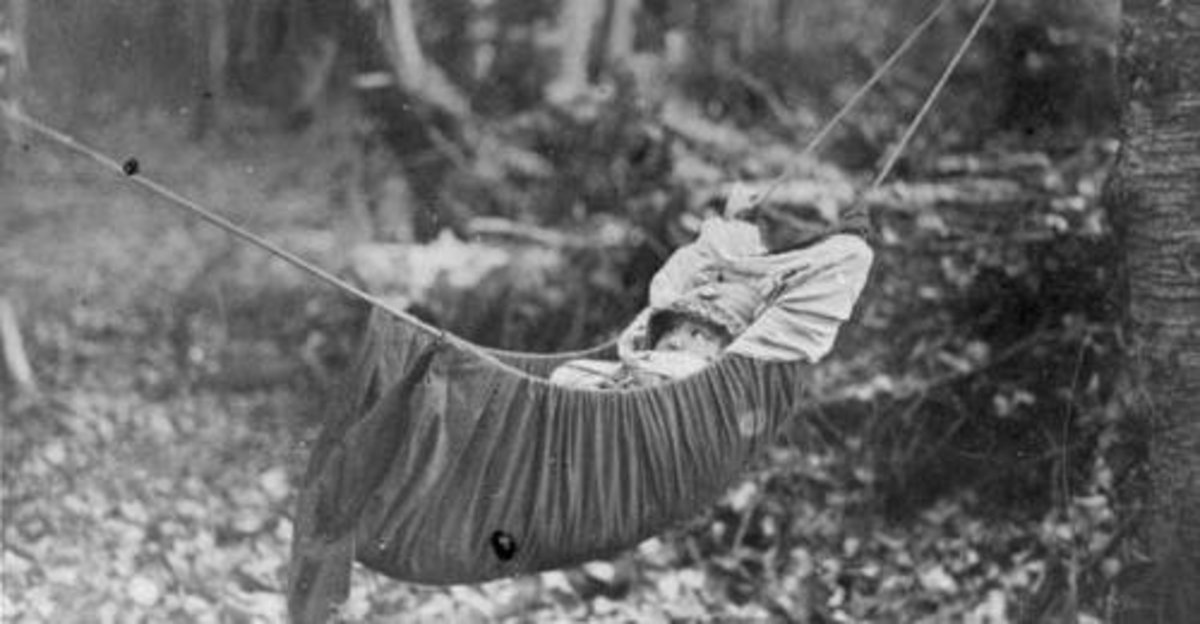Little Jack Horner

The Rhyme
A well known nursery rhyme which has a deeper meaning is, "Little Jack Horner",
Little Jack Horner sat in the corner
Eating his Christmas pie,
He put in his thumb and
pulled out a plum
And said "What a good boy am I!"
Take Note
What today are known as 'Nursery Rhymes' were created with far deeper meanings and purpose.
The simple words are chosen so as to seem innocuous. The rhymes make it easy to repeat without thinking. The assumption is that these are just a collection of silly words that rhyme parents can chant to their children.
This is as far from truth as one might go.
In early days people had to be careful what they said about powerful people, or questionable actions performed by the Upper Class. Being arrested and killed for 'treason' was common and questioning authority was treason.
To disguise information about current events the details would be reduced to a child's 'nursery' rhyme. It seemed so innocuous, and ruffled no feathers. They rhymes would be chanted as if they were to make a child smile.
If done properly, even the subjects of the rhyme should not be aware of what was being said. If done well, the rhyme would go 'viral'. By the time the meanings were revealed it would be too late. One couldn't stop the dispersal of information, nor the repetition as little children would sing or chant the rhyme.
The rhyme of Little Jack Horner is one of these.
It tells a rather wicked story.
The Abbot's Plan
When Henry VIII was King of England he wanted to divorce his first wife. He was refused permission by the Catholic Church. As the Church had a lot of power, he created his own Church, the Anglican.
Once the Anglican was established Henry VIII began to confiscate Catholic Church Property which had a great deal of property.
Richard Whiting was the Abbot of the Catholic Church at Glastonbury. Thinking he could avoid losing everything, he decided to give a portion of Church property to the King. He assumed this voluntary gift would appease Henry VIII.
Abbot Whiting, decided to bake the titles of twelve valuable manors into a pie. He would give it to his trusted steward, Thomas Horner, and dispatch him to the King with this gift.
In those days, it was usual to hide treasures in a pie, just as wrapping a gift is today. To send the King this pie was perfectly acceptable.
Where the Jack Enters
Handing the pie to Thomas Horner, the Abbot believed everything would be taken care of. Henry VIII would get the pie, open it, see the twelve titles, accept them and consider the Abbot was bowing to his authority.
That is all the Abbot assumed.
However, Thomas Horner was dishonest. He knew what was in the pie, knew where it was going and so, decided to help himself.
Behaving as a knave (Jack) Horner opened the pie, took out the best title, sealed the pie and conveyed it with the eleven remaining titles to Henry VIII.
Henry was very pleased with his Eleven Titles, which of course, got back to the Abbot, who, of course made it public knowledge that he had sent twelve titles.
The Rhyme means;
The (knave), 'Jack' Horner, secretly, (in a corner) put his ‘thumb’ into the
pie and plucked out the ‘plum’.
To this day, the Horner family continues to live at Mells Manor.... that is the 'plum'. which 'Jack' took from the pie.








